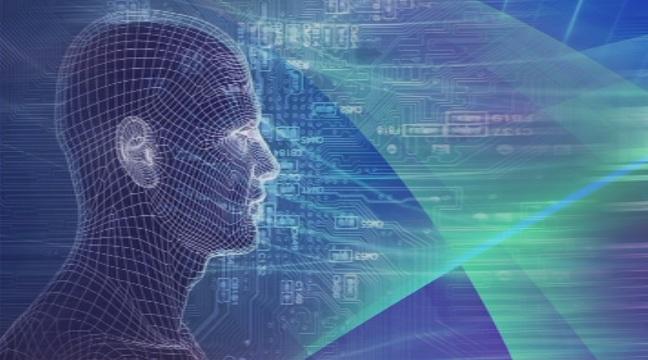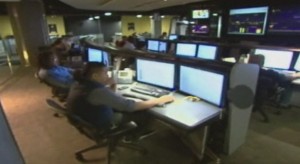Over 4 million Bulgarians have access to the Internet and over 3 million have accounts in social networks, a survey of an international internet agency shows. The World Wide Web is now a large part of our daily lives and Internet has turned...

Over 4 million Bulgarians have access to the Internet and over 3 million have accounts in social networks, a survey of an international internet agency shows.
The World Wide Web is now a large part of our daily lives and Internet has turned information from a scarce into an abundant resource, which increasingly overloads us.
Do we rationally make use of the abundance of information on the internet, or do we waste valuable resources provided for us by the modern technologies?
Information revolution brings about undesirable side-effects from the supply of redundant, unsolicited and low-value information in the same way the industrial revolution brought pollution to the environment. The problem is not just the typical spam in e-mails.
Irina Nedyalkova, a psychologist, explains that if we invite a person to a table full of food and he has no self-control over the amount he eats, he would overeat and feel sick. Similarly, that’s what happens with people who do not have healthy information consumption habits, she says.
The business journalist Nikolai Stoyanov, from "Capital" newspaper, defines information as the ‘new junk’.

Redundant information has been produced for centuries, but the new technologies lowered the production costs so much that it has become polluting. The availability and access to information is no longer considered valuable. Nowadays, valuable is to be able to filter and select the most useful information from the enormous stream and to do it quickly.
There will always be more and more information, but the time to make ourselves familiar with it is actually the most valuable resource, Nikolai Stoyanov says. A great advantage in comparison with the previous century is the opportunity to search in this information and manage it and process it, he added.
Irina Nedyalkova explains that we need to be more conscious about the consumption of information and it is very important to create a system for filtering it. This makes it easier for the brain to process that information.
We need to be selective about information the same way we are selective about what we eat and to provide a framework for consuming information in a healthy way, so that we can make more free time for ourselves, she said.